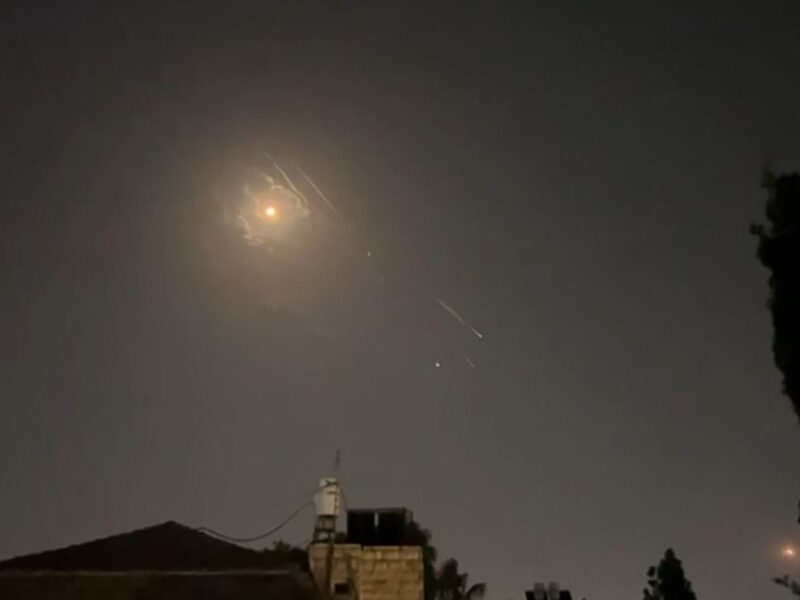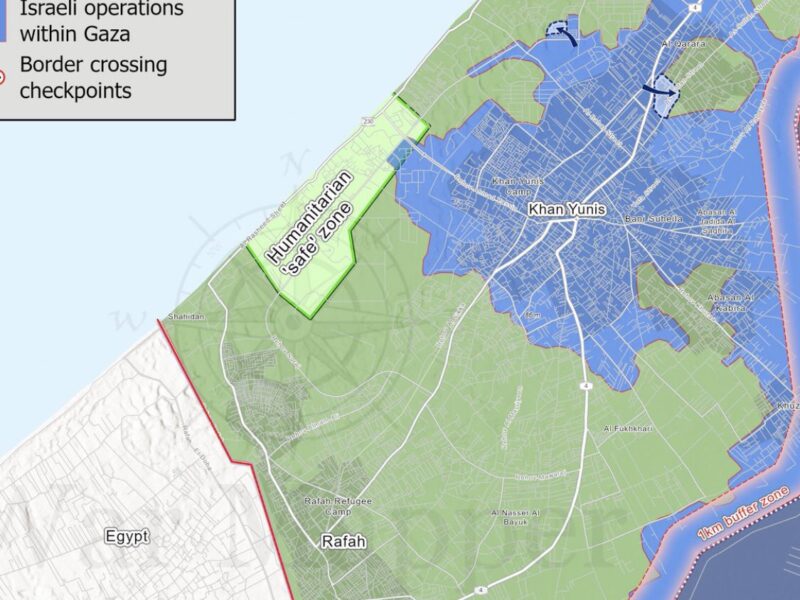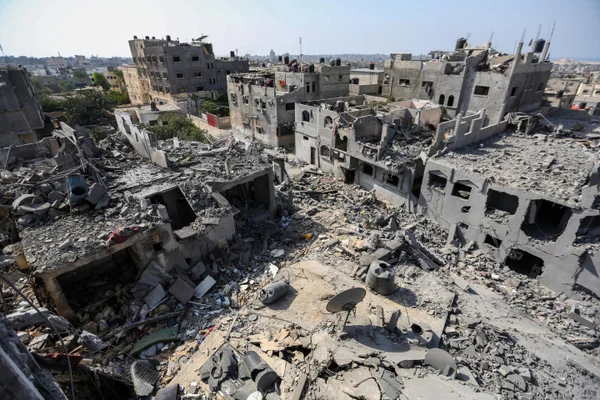5 Questions for Buzz Patterson on North Korea & Iran
Our October Newsmaker is Buzz Patterson.
 Lieutenant Colonel Robert “Buzz” Patterson, United States Air Force (Retired), is a military combat pilot, distinguished White House military aide, bestselling author, leadership consultant, popular public speaker and commercial airline pilot. Among Patterson’s literary efforts include two New York Times best sellers:
Lieutenant Colonel Robert “Buzz” Patterson, United States Air Force (Retired), is a military combat pilot, distinguished White House military aide, bestselling author, leadership consultant, popular public speaker and commercial airline pilot. Among Patterson’s literary efforts include two New York Times best sellers:
Dereliction of Duty: Eyewitness Account of How Bill Clinton Compromised America’s National Security
Conduct Unbecoming: How Barack Obama is Destroying The Military and Endangering Our Security
Q: How serious is the North Korean threat today?
A: Very. Nuclear brinkmanship with North Korea is real and has become a primary, if not foremost, security threat we currently face. We know they have the weapons and we know they have the missile technology. Because North Korea is such a secretive state, run by a seemingly unstable and young Kim Jong Un, we can’t know exactly to what degree he poses a threat.
But we do know that he possesses the capability and has become very strident in his tests and his rhetoric. During the Cold War, and when the doctrine of “mutually assured destruction” came into being, we knew that the Soviet Union was ruled by fairly rational and logical people.
That is certainly not the case with North Korea today. Flying missiles over Japan and threatening Guam are extremely provocative and I anticipate he will only double down on those acts.
So far, China has not shown much willingness to clamp down on their surrogate state and Russia is strangely quiet. No doubt, they are both enjoying Lil Kim’s constant taunting of the U.S.
Q: What was known about the North Korean threat when you were carrying the nuclear football?
A: The roots of this crisis are found in the diplomatic and security fecklessness of the Clinton Administration. Of course, I personally worked in that Administration and witnessed it. Bill and Hillary Clinton left our nation with many legacies. The harsh reality that North Korea is now a threatening nuclear state is chief among them.
In 1994, we knew that they had nuclear aspirations under Kim Jong Un’s father, when they were threatening to turn South Korea and Japan into a “sea of fire.”
Instead of squarely facing up to these threats, Clinton dispatched former president Jimmy Carter to Pyongyang to practice his “smile diplomacy” with “Dear Leader” Kim Jong Il. The result was the “framework agreement” which quickly evolved into a complete and total failure.
At the time, the agreement was to give North Korea access to approximately $4 billion in aid from the United States, South Korea and Japan, along with two nuclear reactors (ostensibly to provide power to the North Korean people).
Crowing about the settlement, Clinton said “This agreement will help achieve a vital and long-standing American objective, an end to the threat of nuclear proliferation on the Korean peninsula.”
In reality, as we now know, North Korea had no intention of actually carrying through with their promises to curtail their program. For the six years following the announced agreement, the Clinton administration essentially ignored North Korea’s development of both nuclear weaponry and the missiles with which to launch them. Instead, time-and-time again, Clinton chose to make concessions to the North in hopes that they would, somehow, become normal and sane. The result: a nuclear-armed North Korea with the missiles to deliver them.
Q: Please compare the nuclear threat that North Korea represents to that which Iran represents and what has Iran learned about how we have dealt with North Korea?
A: Iran is behind North Korea in development of weapons and ballistic missiles, but they’re closing the gap quickly. Similar to Clinton’s dangerous appeasement with North Korea, President Barack Obama chose a similar path with Iran and his “Joint Comprehensive Plan of Action” in 2015. Not only did his administration negotiate the agreement without any guarantee that Iran wouldn’t eventually build a nuclear bomb but there were a number of side deals, one of which included the delivery of $400 billion in cash to Tehran in the middle of the night on a military aircraft.
As a result of Obama appeasement, and the lessons learned from watching our nonresponse to North Korea over the years, Iran has continued to test ballistic missiles and will not allow inspections of their military sites by the international community. So far, the Trump administration is holding the line that Iran is living up to their end of the deal but are taking a closer look at the specifics of the agreement and how to proceed with Iran in the future.
Q: What do you believe we should do about North Korea?
A: There are really no “good” or easy options to the North Korea threat. That ship sailed long ago. At this critical juncture, my recommendations would be to:
- Increase the US military presence in the region. Move in more assets and move them close. Don’t get too top heavy so as to leave blind spots in other regions (Middle East, Russia, China, etc.) but rattle some sabers.
- Squeeze China. Work to freeze NK assets in foreign banks. 90% of NK’s imports come through China. Slow the money and make it difficult for them to fund anything.
- Strongly consider US special operations in NK. Take down their power grid and communications. Disrupt their ability to effectively command and control their military assets.
- If they launch another ICBM test, and if it in any way overflies Japan, Guam, or the Western US, shoot it down.
- Arm Japan. Give them their military capability to defend themselves should China and/or North Korea continue to be belligerent. Do it now.
Q: What do you believe we should do about Iran?
A: President Trump has said as recently as July 2017 that there is absolutely no way Iran will ever be allowed to field a nuclear weapon and called the Obama deal with Iran “the worst deal ever.” Secretary of State Rex Tillerson has announced that the U.S. is conducting an interagency review of our policy toward Iran and results are expected to be released prior to the next key agreement milestone, which is this coming October. At that time, President Trump will be faced with whether or not to recertify to Congress that Iran is in compliance with the deal.
I believe there is still time to prevent Iran from reaching the stages necessary to be an immediate nuclear threat. The best path, presently, is to leverage military and economic forces to minimize Iran’s influence in the region. We are already preparing our allies for the possibility that we will reopen negotiations with Iran and that we may abandon the agreement, similar to our departure from the Paris climate accords.
Getting out of the deal, from our end, would be relatively easy in that there never was an actual treaty. President Obama, knowing that the Republican-led Senate would never give him the votes he needed to ratify, approved the Iran agreement with an executive order.
My recommendation would be to do exactly. Scrap this horribly constructed agreement and return with a proposal that has some actual teeth.







